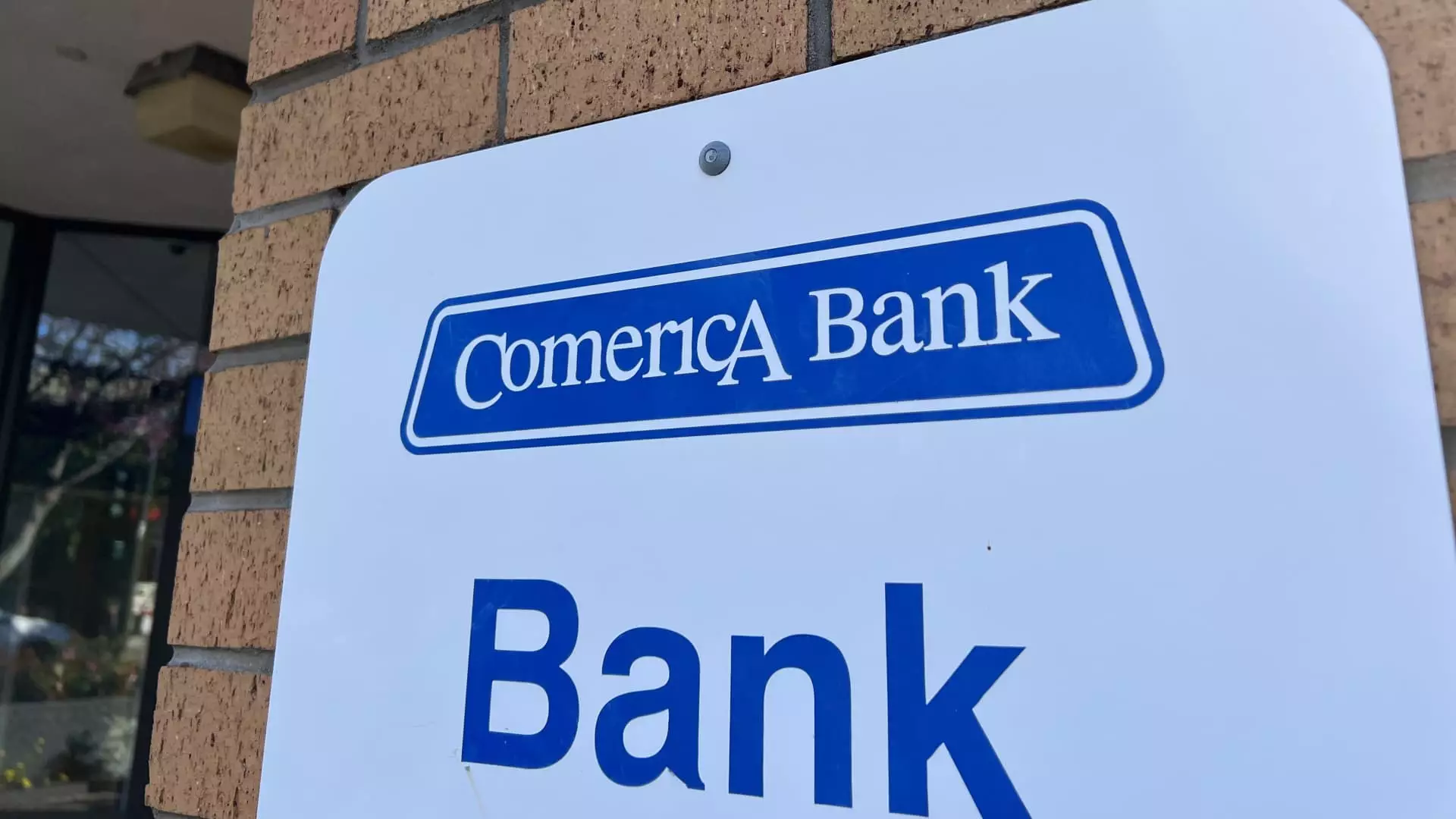The Direct Express prepaid debit card program serves as a vital conduit for millions of American citizens, especially those on fixed incomes, including seniors and individuals with disabilities. Initiated by the federal government and administered by financial institutions like Comerica Bank, this program allows beneficiaries of Social Security and other federal benefits to easily access their funds. However, the recent complaint filed by the Consumer Financial Protection Bureau (CFPB) against Comerica Bank raises significant questions about the administration of this critical service and its impact on vulnerable populations.
The CFPB’s lawsuit against Comerica describes a troubling pattern of behavior that allegedly undermined consumer protections. They accuse the bank of intentionally terminating over 24 million customer service calls, imposing unwarranted ATM fees on over a million cardholders, and inadequately addressing fraud complaints. This series of complaints highlights a disconnect between Comerica’s stated commitment to customer service and the experiences faced by those reliant on the Direct Express program. According to CFPB Director Rohit Chopra, these actions appear to prioritize the bank’s profits over the well-being of individuals who depend on these federal benefits to meet their basic needs.
In response to the allegations, Comerica Bank has voiced strong objections. The bank maintains that it has operated under the oversight of the federal government since launching the Direct Express program in 2008. Comerica argues that their actions were consistent with federal guidelines and that the CFPB mischaracterized their operations. The bank insists that it provided necessary information during the investigation, maintaining that it complied with federal oversight. The situation raises important questions about accountability in the relationship between financial institutions and regulatory bodies, especially in light of how these dynamics can deeply affect consumers.
This case against Comerica echoes larger national concerns regarding the treatment of consumers by financial institutions, particularly those in vulnerable economic positions. The CFPB’s actions reflect a commitment to ensuring that such programs operate with transparency and fairness, but they also demonstrate the ongoing challenges many consumers face in navigating an often complex financial landscape. Historical precedents, such as the fines levied against Bank of America for mishandling unemployment benefits during the pandemic, indicate that the regulatory environment is evolving toward greater scrutiny of consumer practices across the banking industry.
As the legal battle between Comerica Bank and the CFPB unfolds, the implications for consumers, particularly those relying on government assistance programs, remain significant. An effective regulatory environment must not only hold institutions accountable but also ensure that vital services are delivered efficiently and ethically. The pursuit of justice in cases like that of Comerica Bank will be closely watched, as it could set precedents for consumer rights and financial accountability in the years to come. Ensuring the financial security and dignity of the nation’s most vulnerable populations must remain a priority in this ongoing discourse.

